One of the first times I learned about aloe vera happened when I was a kid.
After a long day at the beach, I was a bit sunburned and in need of some relief. My mother quickly reached for some fresh aloe to cool my skin down.
As a kid, I was fascinated. She sliced open the bright green plant and exposed a clear, gel-like goo that she then applied directly to my skin. The cooling relief was instant.
In today’s article, we’ll discuss the health benefits of aloe vera and I’ll show you some of the best ways to use it.
- What is Aloe Vera?
- 1. Hand Sanitizer
- 2. Vegetable and Fruit Wash
- 3. Skin Irritation Relief & Faster Healing
- 4. Mouthwash
- Final Thoughts
Table of Contents
+What is Aloe Vera?
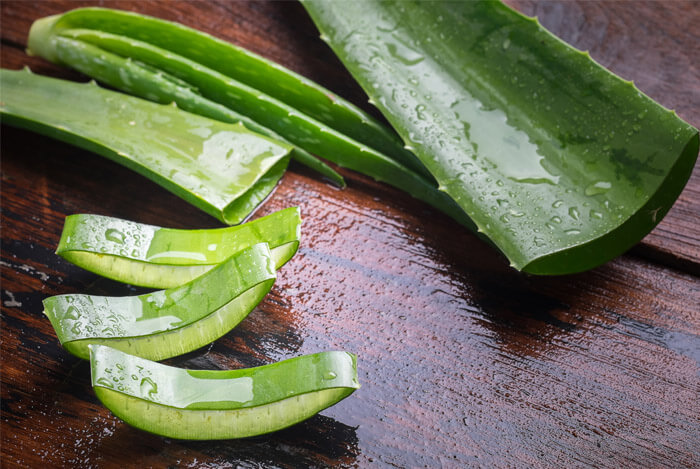
Let’s talk about what the aloe vera plant actually is first.
Aloe vera is not a plant/cacti combo like I joked about earlier. Technically it’s a succulent.
Succulents, or ‘fat plants’, often have leaves that are thicker and fleshier than other plants. This is especially true with aloe vera.
If you look at the aloe vera plant, you’ll notice that it’s much thicker, or fatter, at the base and it overflows out from the center. The top of the aloe vera leaves are much skinnier than the base, but they are thick.
Another characteristic of succulents is their ability to retain water in normally dry, or arid, conditions. Unlike most plants, succulents store their water in their thick leaves to carry them through droughts.
Again, this also holds true with aloe vera plants which have pulpy, juice-filled leaves.
As for its origins, aloe vera was first “introduced to China and various parts of southern Europe in the 17th century”.
Today, you can find aloe vera in most health food stores and many grocery stores across the US.
Now that you know its origins, we can dive into the heart of why you’re here. Let’s take a look at what makes aloe vera so good for you.
1. Hand Sanitizer
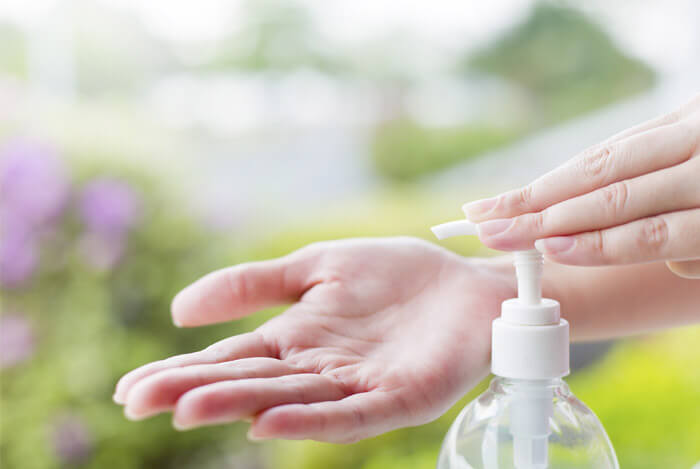
One study examined the effects of using aloe vera against bacteria such as Staphylococcus aureus, Streptococcus pyogenes, Pseudomonas aeruginosa, and Escherichia coli.
The researchers found a “maximum growth suppression” on both the S. aureus and S. pyogenes bacteria due to aloe vera.
Due to these germ fighting powers, aloe vera makes for an excellent, sting-free hand sanitizer.
Simply apply the aloe topically to your hands, rub together, and let the wonder plant do the hard work for you. Although this isn’t a complete replacement for hand sanitizer, it can help.
This natural gel also works great as a fruit and vegetable wash.
2. Vegetable and Fruit Wash
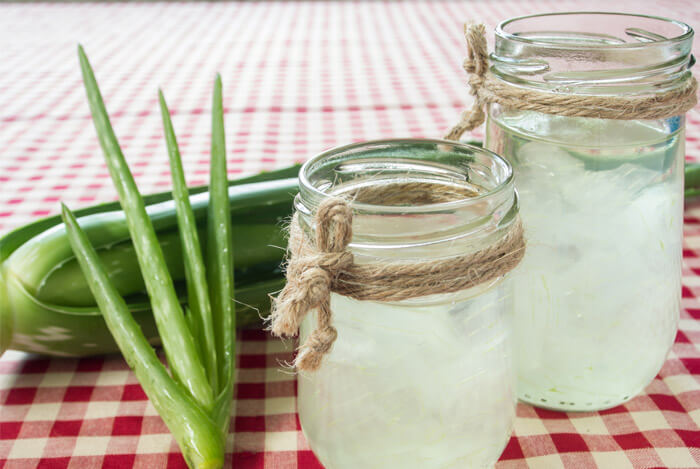
One study found that aloe vera kept gutta percha cones, a set of trees, bacteria free, which is good news for us.
In another study, researchers found that using aloe vera as a natural cleanser on tomatoes did not affect the tomatoes in any way, except for the fact that it removed harmful bacteria.
3. Skin Irritation Relief & Faster Healing
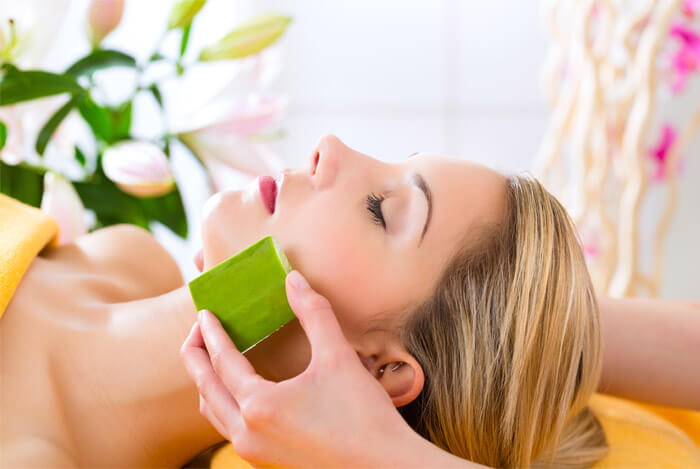
As I mentioned earlier, I started my aloe interest when I experienced a nasty sunburn. The aloe vera proved to be a natural analgesic that helped reduce the pain and swelling for me.
It turns out that there is some evidence that aloe vera can help moisturize your skin, so it wasn’t just marketing after all.
4. Mouthwash

Thanks to those antibacterial properties I talked about earlier, aloe vera makes for an excellent natural mouthwash.
According to one study, 300 patients were separated into one of three groups: aloe vera mouthwash group, control chlorhexidine group, and a saline water placebo group.
A dental hygienist cleaned each patient’s teeth prior to the start of the experiment to establish a zero plaque baseline among the participants.
Patients were told to mouthwash using the aloe vera wash, chlorhexidine mouthwash, or the saline solution during the course of four days.
The results showed that the aloe vera was equally as effective at reducing plaque as the chlorhexidine groups.
Final Thoughts
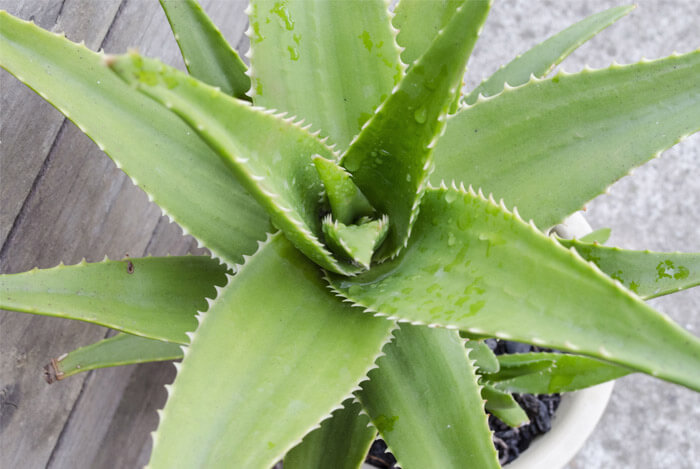
As you can see, aloe vera is considered a useful plant that I love keeping around.










